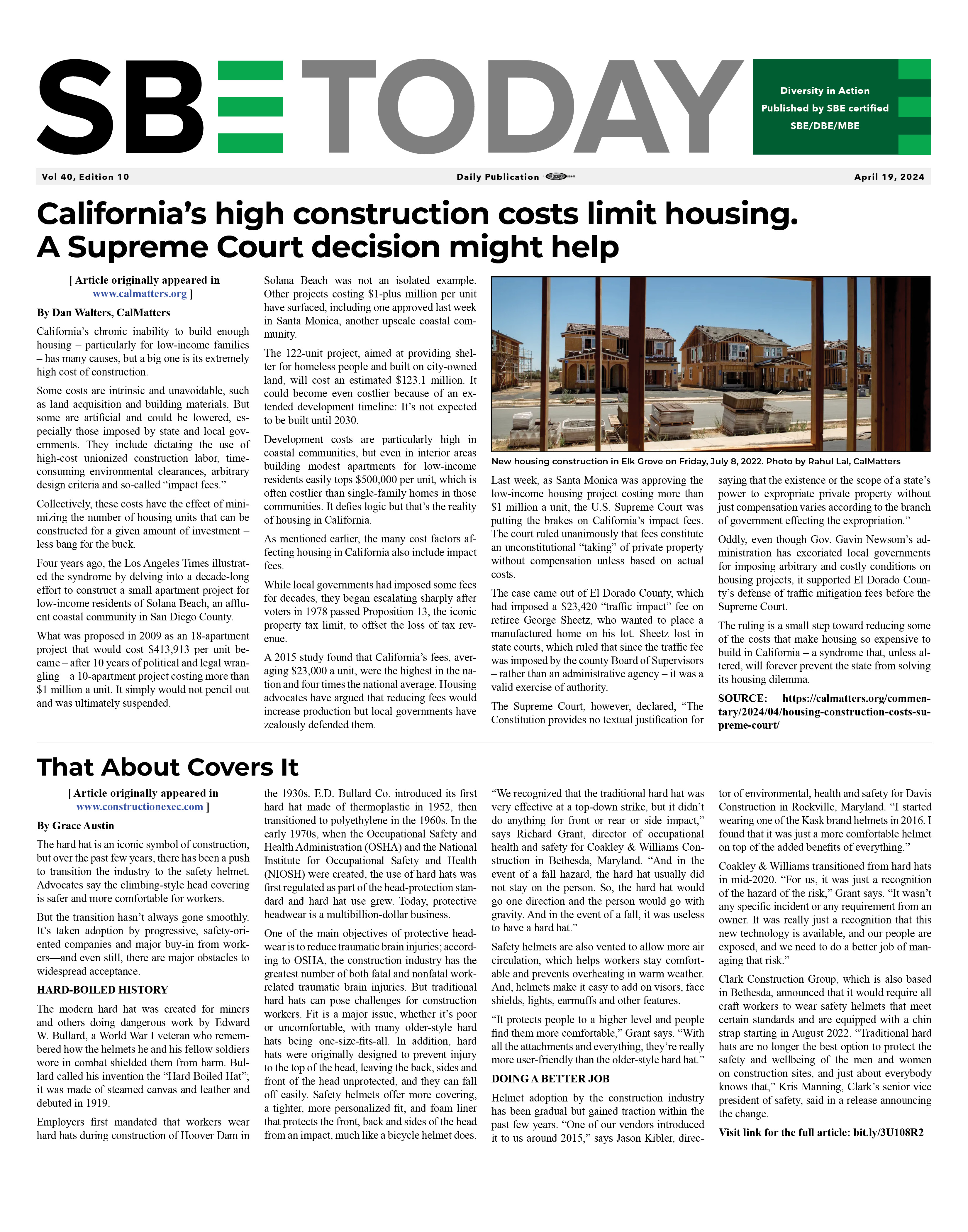|
|
When legislators delay housing reform, people of color lose the most
10/09/2020
[ Article was originally posted on https://greenlining.org ] At the start of the last legislative session, Californians were assured that 2020 would be the year our representatives addressed our extreme housing shortage. Early on, both houses introduced 15 bills in packages that were promising, if not the bold reforms needed to fully solve the crisis or close the racial wealth gap. But instead of even these modest fixes, in the end only three bills, each offering important but minor changes, made it to Gov. Gavin Newsom’s desk due to fierce opposition. Patricia McCloskey addressed the Republican National Convention months after she and her husband waved guns at Black Lives Matter protesters. She echoed recent comments by President Donald Trump saying that Democrats “want to abolish the suburbs all together by ending single-family home zoning” and that this would bring “crime, lawlessness and low-quality apartments into now thriving suburban neighborhoods.” McCloskey’s comments are alarmingly similar to those from affluent California neighborhood associations and advocates who have opposed policies that would even incrementally impact single-family zoning. Fear of people of color moving into white neighborhoods is nothing new in California. In light of court rulings and federal bills that invalidated racial housing zoning and redlining, white communities and NIMBY activists began imposing codes that restricted the construction of multifamily housing in most neighborhoods starting in the early 1970s. Many still exist today. Single-family zoning laws hold people of color and low-income families back by making homeownership cost-prohibitive. A recent Sacramento Bee headline: “California’s median home price just broke a record. Here’s how much it is” underscored the urgency of housing reform and went on to point to a new median of $700,000. The inability of all but the wealthy to access good schools or accumulate wealth through homeownership has kept generations of Californians in poverty. Likely the biggest disappointment this year was the death of Senate Bill 1120 in the final moments, despite passing both the Assembly and Senate. The premise of the bill was simple: allow homeowners to turn their single-family lots into duplexes and or split into two parcels. The bill did not remove anyone’s ability to purchase or own a single-family home. It simply ended the bans on smaller housing units that exist in two-thirds of residential communities in California. SB 1120 fell victim to the end of session clock, but it never should have been controversial to begin with. The intense opposition campaigns against SB 1120 and other modest reforms demonstrated that any change that allows more working families, who are likely to be people of color, to live in wealthy, exclusive neighborhoods is too much for affluent homeowners in California’s “progressive” cities. Their excuses are weak tropes claiming that the bill “crushes single-family streets and directly attacks homeownership;” “steals yards from children;” “destroys backyard vegetable gardens” and creates “unhealthy surroundings for children and the elderly.” Again, these are the comments that came not from far-right actors, but from those in affluent cities that are happy to put a sign in their window supporting racial justice while at the same time employing the same, albeit watered-down, rhetoric to uphold discriminatory single-family zoning. By blocking the construction of new housing in wealthy areas and preventing affordable housing options in white communities, single-family zoning laws make it disproportionately harder for people of color to own, or even rent homes. If our Legislature wants 2021 to be the real year we tackle housing, elected officials must reckon with our state’s ugly history of discriminatory zoning and aggressively pursue policies that enable our state’s housing stock to grow and meet the needs of all families.
Until we can abandon the racist attitudes that have underpinned policies and undermined people of color for decades, we will continue to see failures at the state level to pass meaningful housing reform. Back To News |
|




